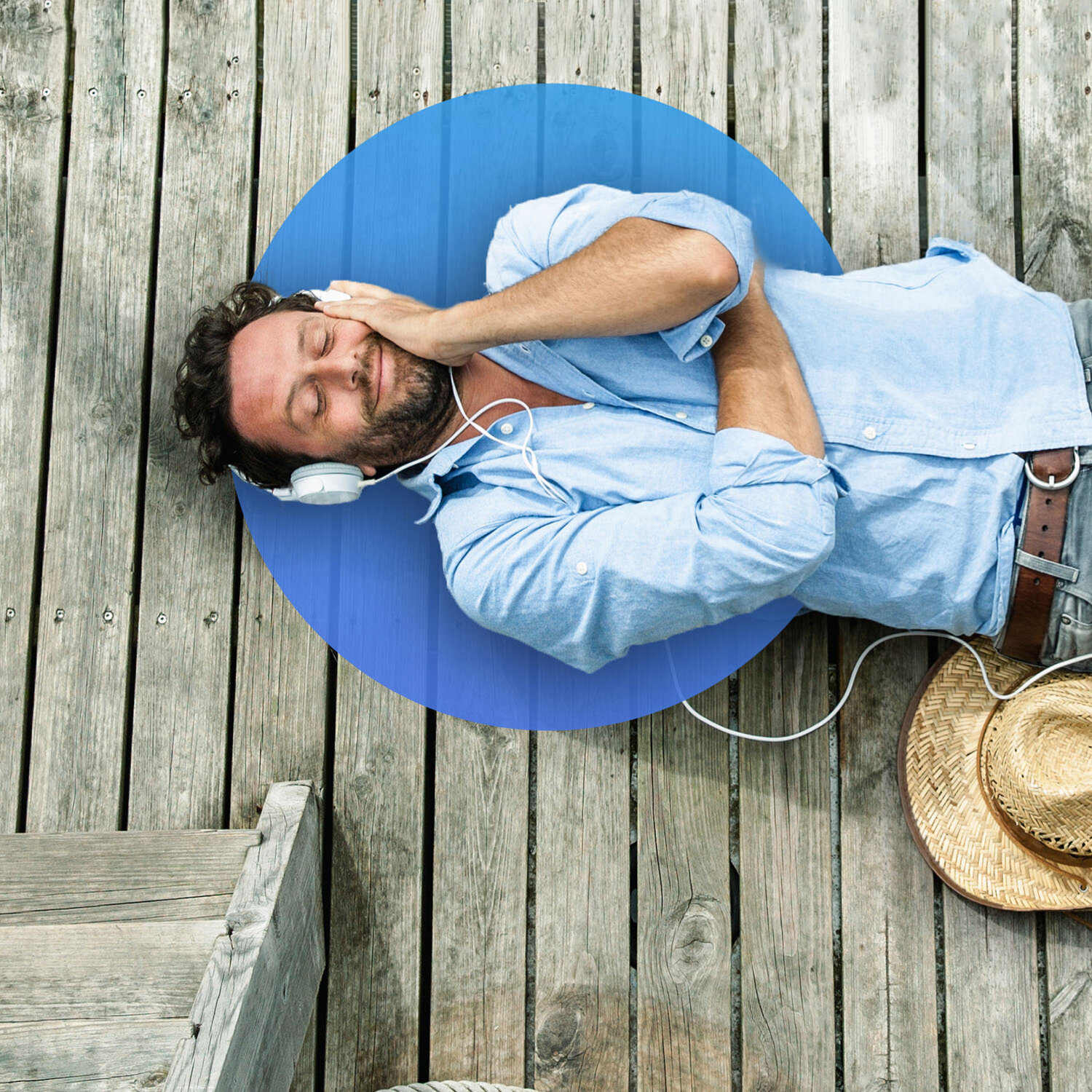Two things I did wrong when I started meditating
To celebrate the launch of my new course How to Meditate: A simple 30-day program for everyone, Calm asked me to write a short post about my own meditation journey: why I began, what I found hard, how practice helped, and what advice I wish someone had given me at the start. All in under 800 words! So here we go.
I got into meditation because I couldn’t manage my mind.
I was struggling with a distorted view of myself and others, inability to control my impulses, huge roller-coaster emotions, and a problem-solving turbine in my head that obsessed red-hot about ridiculous things and eventually threatened to melt down the whole system. Not that anyone knew this; I was mostly cheerful on the outside. But on the inside I was like: get me out of here! If I could have, I would have problem-solved my way right out of existence. I had no peace in my mind or in my heart.
I thought meditation might help – and it did. Eventually. But I did two things wrong at the beginning.
The first: I tried too hard. I thought I needed to get enlightened to solve my problems (or, if not enlightened, then at least really relaxed). So I’d strain and obsess and make sitting into this big production. If I didn’t get a cool “insight,” if I didn’t finish the sit feeling calm and clear and equanimous, if my experience didn’t look like what I imagined meditation experience was supposed to look like, then I subtly judged the meditation - and myself – a failure. So this thing that was supposed to help me became yet another reason to be miserable and neurotic. It makes me laugh now (in a self-compassionate way). I was like a character in a parable.
My second mistake (related to my first): I thought “progress” needed to look a certain way. I had read many books on meditation and spoken to many teachers, so I had an idea in my head of how it was all supposed to go down.
In other words, in life, I spent too much time strategizing and trying to control everything and comparing myself to others. And now, in meditation, I was repeating the same habit. As a result, although I did have some cool experiences, I still had no real peace in my mind or in my heart.
Here’s the wonderful thing about meditation: even when you make mistakes, the practice teaches you. You start to understand yourself, to know yourself. Unhealthy habits weaken and change, and eventually, the energy can drain right out of them.
Now, years later, my meditation practice looks like this: I breathe out, and try to enjoy the opportunity to take a break. Maybe I notice the breath, or sounds, or my own awareness. Maybe I just sit there and do nothing. I let the world do its thing. Sometimes I feel peace. Sometimes I feel agitation or sadness. Mostly I just feel grateful to be there. And then, when I go back into my day – back to my work, my activism, my passion – I have more sanity and presence and energy to make a difference.
Meditation can shift your state in the moment; it can make you calmer, clearer, more open and compassionate. That is absolutely one reason to do it. But any good teacher will tell you the real training is learning how to be Ok with any moment. It’s the incredibly brave practice of being with the world exactly as it is, being with the changing highs and lows – inside you and outside you – and from there, beginning to embody a basic availability and humility that can never be taken away.
That’s what radiates out. It’s a kind of respect and trust for the world and for yourself. I wish someone had told me this before I started meditating, but the truth is, they probably did: dozens of times. I just couldn’t hear it. I had to figure it out in my own time, in my own way.
No one can tell you the arc of how your own learning will happen; every journey is weirdly unique.
Meditation is the path of embracing this mystery, of trusting the path you're making even now. One step – one moment – at a time.
So. Let’s party. And by ‘party’ I mean let's close our eyes and do nothing.


